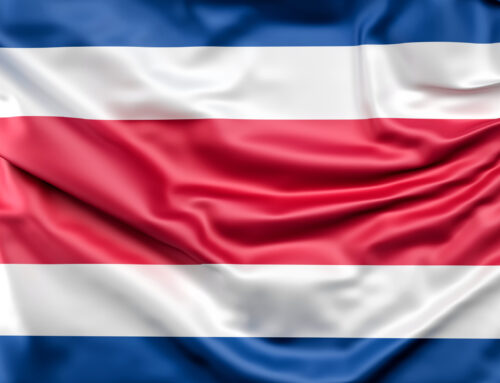Brazil: Proposed changes to the Brazilian rules on the tax deduction of royalties
Although provisional measure 1152/22 (MP 1152) is generally known for introducing new Transfer Pricing rules in Brazil, aiming at an alignment with the OECD standards, it also provides for relevant new rules on the deduction of royalties for Corporate Income Tax (IRPJ) and social contribution on profits (CSLL) purposes.
The limits and requirements adopted by Brazil for the tax deduction of royalties in connection with the use of trademark, patents, manufacturing processes and formulas and fees for technical, scientific, administrative or similar assistance have been a controversial issue in recent decades, mainly when due/paid to foreign beneficiaries. The predominant reason for discussions is the fact that rules that set such limits and requirements date back to the late ‘50s and early ‘60s and have not been updated despite all changes in the technological, business and global scenarios.
According to these rules, for the purposes of IRPJ, royalties for the use of patents for inventions, processes and fabrication formulae and trademarks due or paid to foreign beneficiaries may be deducted, provided they: (i) are supported by agreements registered with the Central Bank of Brazil (BACEN) and the Brazilian Patent and Trademark Office (INPI); and (ii) do not exceed percentages varying from 1% to 5% of the net revenues derived from the sale of products manufactured or sold with the use of the licensed technology. The applicable percentage is defined by an ordinance enacted in 1958 according to a list of manufacturing activities, sectors and products which has not been updated, creating certain challenges and doubts for the definition of applicable limit. As of 2023, registration with BACEN is no longer required.
Currently, these requirements and limits for the deduction of royalties do not apply to the CSLL.
Furthermore, Brazilian Transfer Pricing legislation currently in force expressly excludes royalties from its scope.
In this scenario, MP 1152 introduces important changes, by setting rules on intangibles and including such royalties within the scope of the Brazilian Transfer Pricing rules, and also by revoking the above-mentioned old requirements and limits and establishing some new deduction rules.
According to MP 1152, the deduction of royalties and fees for technical, scientific, administrative or similar assistance for IRPJ and CSLL purposes will not be allowed when they are paid to low tax jurisdictions or beneficiaries subject to privileged tax regimes, which are listed by the Brazilian Revenue Service.
Moreover, such royalties and fees may not be deducted in the calculation of IRPJ and CSLL if paid to foreign related parties and the deduction of such amounts results in double non-taxation in any of the following cases: (i) when the same amount is a deductible expense for the related party; (ii) if the amount deducted in Brazil is not considered as taxable revenue of the foreign beneficiary under the rules of the jurisdiction where such beneficiary is located; and (iii) in case the amounts are used to finance, directly or indirectly, deductible expenses of related parties, leading to the situations described in previous items.
The new rules imposed by MP 1152 will be mandatory as of 2024, but the taxpayer may choose to apply them in 2023. MP 1152 is currently being analysed by the National Congress, which may approve, amend or even reject it. After voting by the National Congress, it should be sanctioned by the President to be converted into law.
The progress of MP 1152 must be monitored to assess, with greater clarity, the actual impacts for royalties.
Ana Lúcia Marra
https://wts.com/global/publishing-article/20230405-brazil-proposed-changes-to-brazilian-rules-on-taxdeduction-of-royalties~publishing-article?language=en





